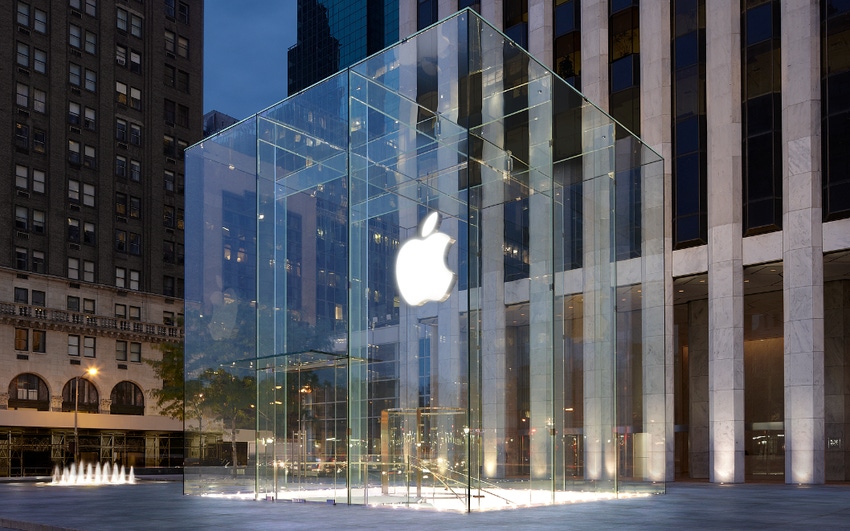It seems the anti-China sentiment is pretty infectious as Apple pins the blame for the company’s shrinking bank account on the miserly consumers hiding behind the Great Wall.
January 3, 2019

It seems the anti-China sentiment is pretty infectious as Apple pins the blame for the company’s shrinking bank account on the miserly consumers hiding behind the Great Wall.
For years it seemed Apple was able to defy industry trends. Despite the fact global smartphone shipments were slowing, irrelevant to the fact there was little innovation emerging from the handset segment and in spite of charging a small fortune for the devices, Apple was still able to bleed the iCultists dry. However, now tt appears Apple’s immunity to the plague of normality is starting to wane.
Apple has revised its guidance for the first quarter of 2019, and there’s quite a bit missing. CEO Tim Cook explained the iLeader would only be bringing in roughly $84 billion across the three months which ended December 29, compared to the previous estimated range of $89-93 billion.
And China was of course to blame.
“While we anticipated some challenges in key emerging markets, we did not foresee the magnitude of the economic deceleration, particularly in Greater China,” said Cook. “In fact, most of our revenue shortfall to our guidance, and over 100 percent of our year-over-year worldwide revenue decline, occurred in Greater China across iPhone, Mac and iPad.”
This was not the only reason of course. The launch of the iPhone was too late, putting too much pressure on the channels in the lead up to Christmas. The US dollar was subject to FX swings. Supply could not meet demand. And finally, more people were holding onto their older devices instead of upgrading to new ones. All of these factors combined, plus weak performance in the emerging markets, resulted in a $5-8 billion hole.
It might be easy to blame the external factors here, and they would have almost certainly played a notable role, but perhaps Cook and co should look a bit more inwards to explain the current conundrum; when was the last time Apple did something genuinely innovative?
If you consider what devices are being brought to the market today, there are simply features and gimmicks which are better than what users had before. The age of innovation for the smartphone has temporarily ceased. This has been the case at Apple for some time, though now it appears the brand credit-line has run out. There are still iLifers out there who will upgrade when Cook snaps his fingers, but not as many as there used to be, and it does appear the idea of Apple as a status-symbol in China has died.
Apple has been the master of brand advertising, driving loyalty and asset-bleeding over the years, but this quarter might suggest the power of the Apple brand is beginning to fade due to a lack of innovation and extortionately expensive products. In every segment, Apple of course charges a premium, but it doesn’t necessarily mean the product is actually better. Is the iPhone XS better than the Huawei Mate 20 Pro? Or do the Airpods perform better than Bose? Is the Homepod the best smart speaker out there? Does the product justify the cost? Has the age of holding iLifers to ransom come to an end?
Unfortunately for Apple, at a time when innovation is at a premium a supply-chain expert is in charge of the business. The company might be the smoothest running machine around, but innovation has certainly lacked without Steve Jobs at the top, though the big question is whether the great mind of Jobs could squeeze out any new ideas in these meagre times.
After Cook announced the firm would stop detailing shipment numbers in the financial reports we should have all seen this coming, but what we have learned here is that not even Apple is immune to global trends. It can’t charge more an offer no added values in exchange. Its customers are just as cash conscious as others. New products require innovation to work.
About the Author(s)
You May Also Like








.png?width=300&auto=webp&quality=80&disable=upscale)


_1.jpg?width=300&auto=webp&quality=80&disable=upscale)


.png?width=800&auto=webp&quality=80&disable=upscale)